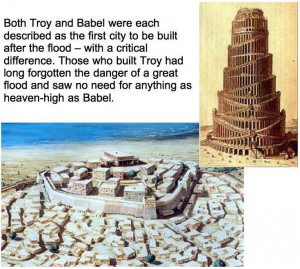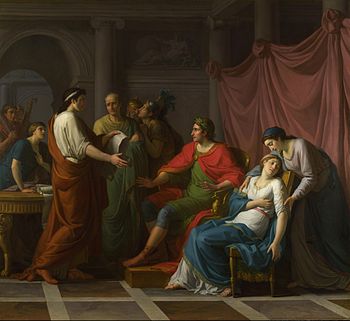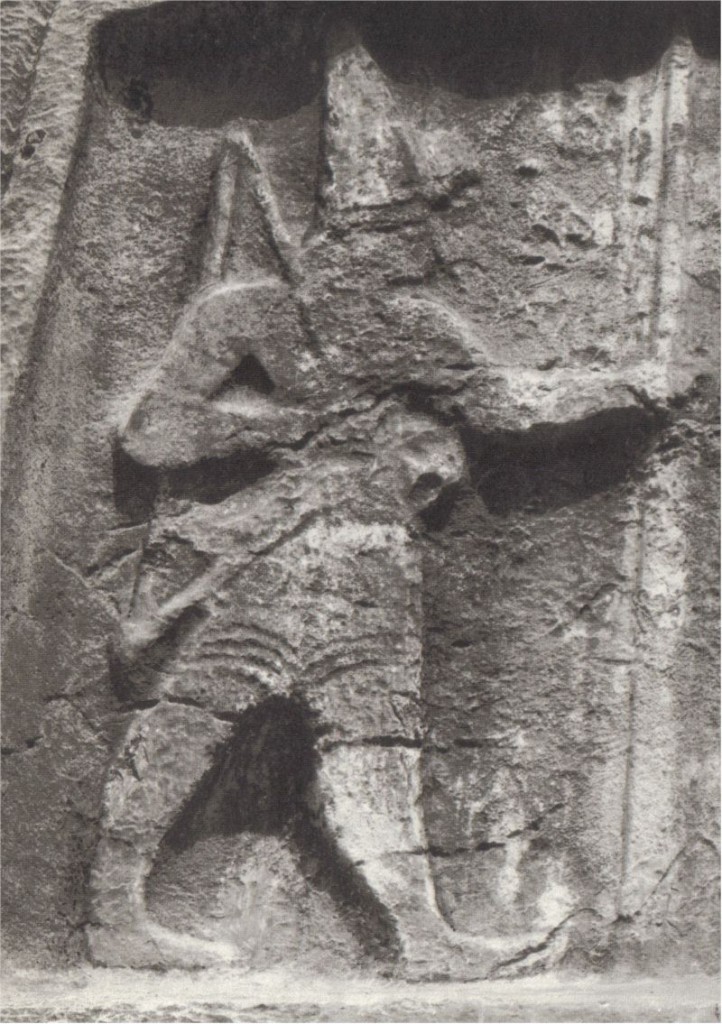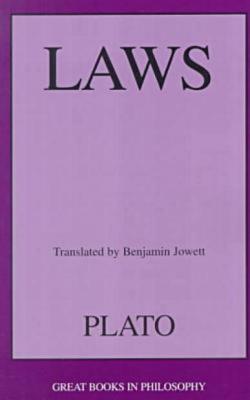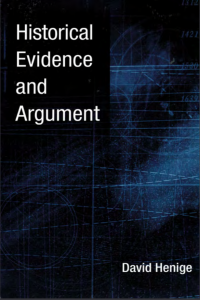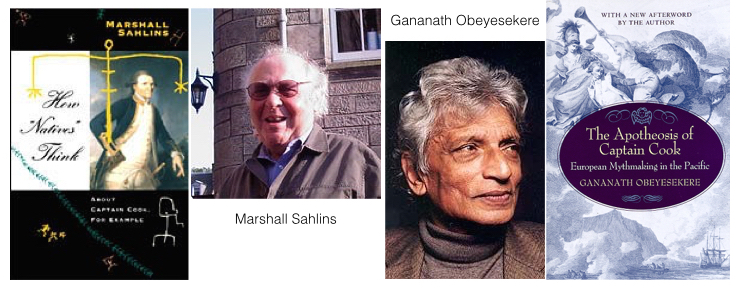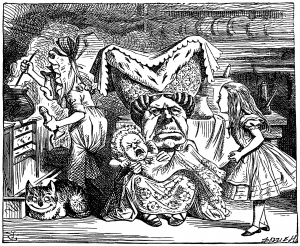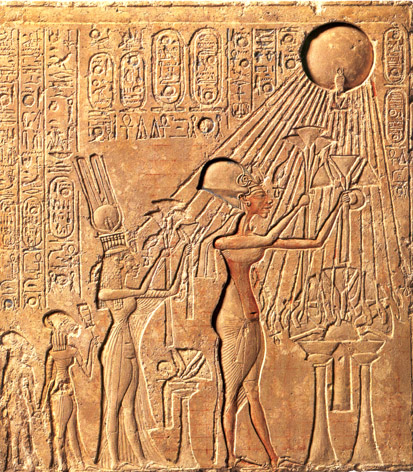
Recently an interesting collation of observations on thematic and literary similarities between New Testament narratives and wider Greek literature was posted by commenter John MacDonald. I’ve set his points out again here (with only slight editing) for those interested. (John’s more complete comment can be read here.) Some of the parallels are actually less to do with the Biblical narrative itself than the subsequent Christian tradition — something I am looking forward to addressing in a future post (from a perspective I have not read elsewhere, by the way). Reference is made to haggadic midrash — which Jewish scholars themselves note is a feature of the Gospels — but in relation to Greek texts I think it might be more correct to speak of intertextuality and mimesis.
It’s interesting to ponder the relationship between the Bible and the Greeks.
To take even one example, the parallels between Jesus and the dying-rising Greek god born of a god and a mortal woman, Dionysus, have long been posited, either in traditional myth or in places like Euripides’ ancient play ‘The Bacchae,’ with work ranging from scholars like Bultmann and others in the 19th century, to the more recent studies of scholars like Martin Hengel, Barrie Powell, Dennis MacDonald, Robert M. Price, and even popular writers like Timothy Freke and Peter Gandy. Parallels, for example, in the play ‘The Bacchae’ can be drawn as to general overarching themes, as well as to specific details of the New Testament Narratives. In ‘The Jesus Mysteries,’ several striking parallels are drawn out between The New Testament and the ‘Bacchae,’ the latter being a much earlier work. To begin with, Freke and Gandy in Jesus Mysteries write:
According to the gospels, Jesus is an innocent and just man who, at the instigation of the Jewish high priests, is hauled before the Roman Governor Pilate and condemned to die on spurious charges. Exactly the same mythological motif is found five centuries earlier in Euripides’ play The Bacchae, about Dionysus. Like Jesus in Jerusalem, Dionysus is a quiet stranger with long hair and a beard who brings a new religion. In the gospels, the Jewish high priests don’t believe in Jesus and allege that ‘His teachings are causing disaffections amongst the people.’ They plot to bring about his death. In The Bacchae, King Pentheus is a tyrannical ruler who does not believe in Dionysus. He berates him for bringing ‘this new disease to the land’ and sends out his men to capture the innocent godman …
Continue reading “New Testament in the Greek Literary Matrix”

